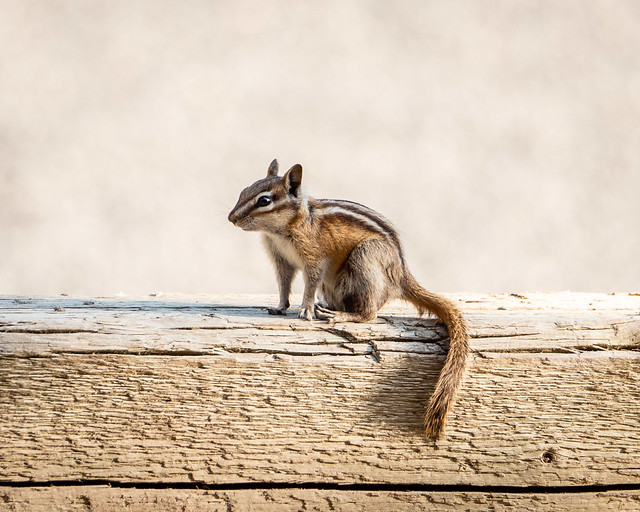Tuesday, 29 October 2019
EcoSask News, October 29, 2019
Upcoming Events
Place-Based Education, Nov. 1 (Saskatoon)
Join Janet McVittie and Sonal Kavia to discuss place-based education: place, space, and mindfulness at 4:30 pm, Nov. 1, in the SERI Meeting Space, College of Education.
Household Hazardous Waste, Nov. 3 (Saskatoon)
You can dispose of household hazardous waste at City of Saskatoon’s Civic Operations Centre from 9 am – 3:30 pm, Nov. 3.
Climate Youth Voice, Nov. 6 (Saskatoon)
Saskatoon Enviro Collective is hosting a panel discussion and group conversation for adults to hear from youth about climate change from 7-8:30 pm, Nov. 6, at Station 20 West.
National Energy Code, Nov. 6 (Saskatoon)
Kelly Winder will provide an overview of the National Energy Code for Buildings at the Nov. 6 breakfast meeting of the SK Energy Management Task Force.
The Pollinators, Nov. 11 (Regina, Saskatoon)
Sign up now if you would like to attend a special screening of The Pollinators in Regina or Saskatoon.
Looking Ahead
Native Prairie Restoration/Reclamation and Transboundary Grasslands Workshop, Feb. 25-27 (Regina)
In 2020, SK PCAP is combining two workshops: the 7th Native Prairie Restoration and Reclamation Workshop and the 5th Transboundary Grassland Workshop, February 25-27 in Regina.
A full list of upcoming events can be found on the EcoFriendly Sask Calendar
In the News
Urine diverting vermicomposting toilets are being installed along the Churchill River.
Positive media coverage of repair cafés in Regina and Swift Current this past weekend.
Citizens of all ages urge rethink of Saskatoon Freeway.
City of Victoria plans to protect any tree that is a foot thick or more.
SUVs have contributed more to the increase in global CO2 emissions than airlines, trucks, or heavy industry. And they’re far more likely than smaller vehicles to kill pedestrians and other drivers.
Kids raised in walkable communities earn more money as adults.
Small adjustments to wind turbines can reduce impacts on birds.
A visual depiction of the impact of the proposed Trans Mountain Pipeline on Vancouver’s harbor, Boundary Pass, and Juan de Fuca Strait.
Wilderness areas act as a buffer against species loss and could reduce extinction risks by more than half.
In an urban wilderness, “invasive” species may have a role to play.
David Attenborough, storyteller, and Yvon Chouinard, Patagonia, share their approaches to saving the planet.
Bat noises aren’t random. They’re complaining about food, position, unwanted sexual advances, and pushy neighbours.
Blueprint for Revolution: How to use rice pudding, Lego men, and other non-violent techniques to galvanise communities, overthrow dictators, or simply change the world [book review].
EcoSask News is a weekly round-up of local news and events. Email us if you have items you would like us to include.
You can follow EcoFriendly Sask by liking us on Facebook, following us on Twitter, or by email (top right corner).
Labels:
Bats,
Books,
Conferences,
Construction,
Films,
Prairie,
Regina,
Repair,
Saskatoon,
Swale,
Swift Current,
Transportation,
Trees,
University,
Urban,
Waste,
Wilderness,
Wind,
Youth

